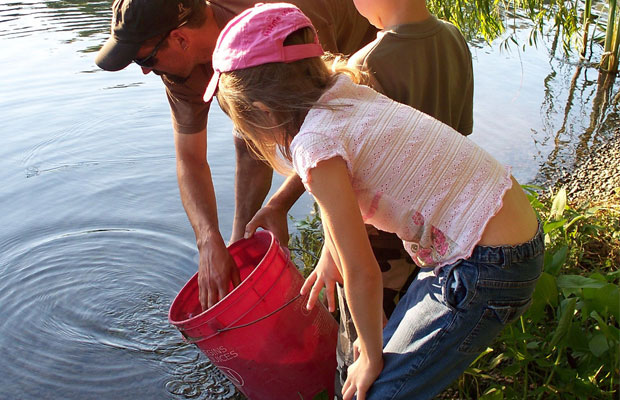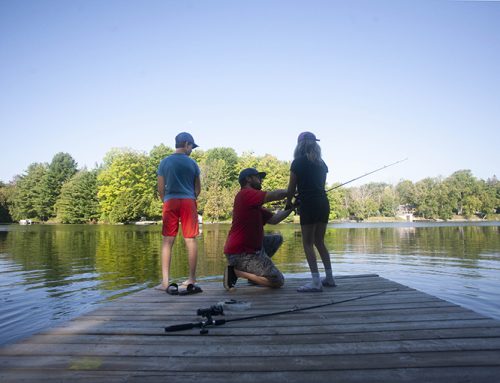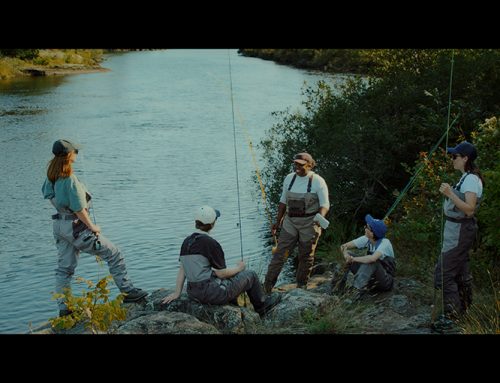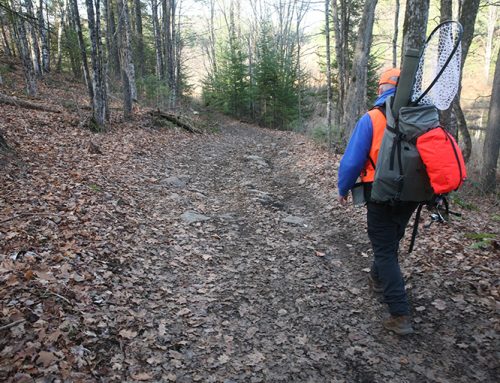New research from Concordia University suggests hatchery-raised fish become just as robust as their wild counterparts after several generations of breeding and natural selection in natural environments.
The practice of using hatchery-raised fish to stock waterbodies when species numbers start to dwindle to dangerous levels is regularly used by conservationists, although others argue that these “domesticated” fish aren’t as strong, won’t adapt to the wild environment, and “taint” the wild population once they breed.
Biology professor Dylan Fraser and his research team, which included Concordia graduate student Andrew Harbicht and research scientist Chris Wilson from the Ontario Ministry of Natural Resources and Forestry, compared survival rates and physical characteristics to determine whether past hybridization affects a fish’s potential to adapt.
When looking at the results of this study and comparing it with genetic information, they found after about 25 to 50 years, fish populations previously bolstered by hatchery stock are genetically indistinguishable from purely wild populations.
Similar conclusions have been made in other studies done with wolf species.







Leave A Comment